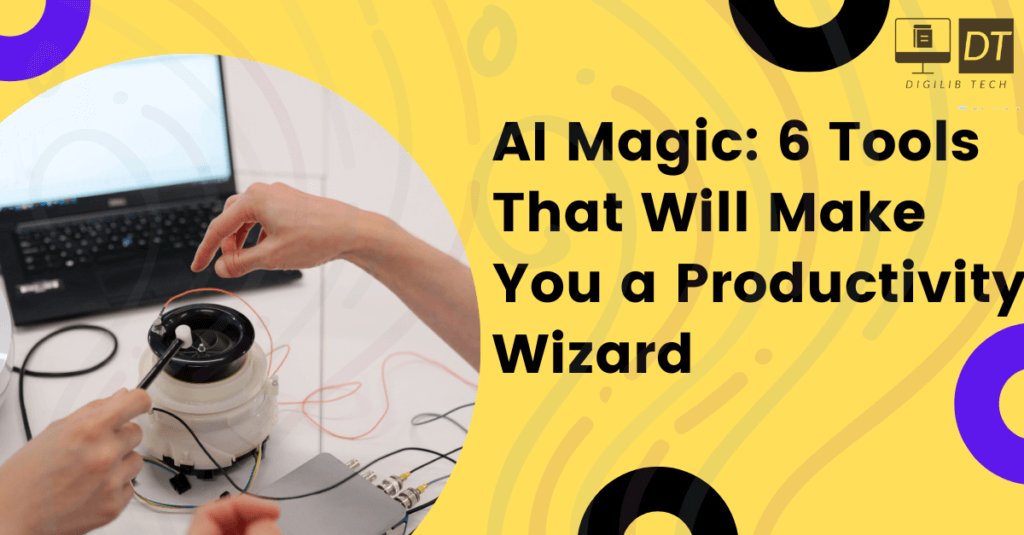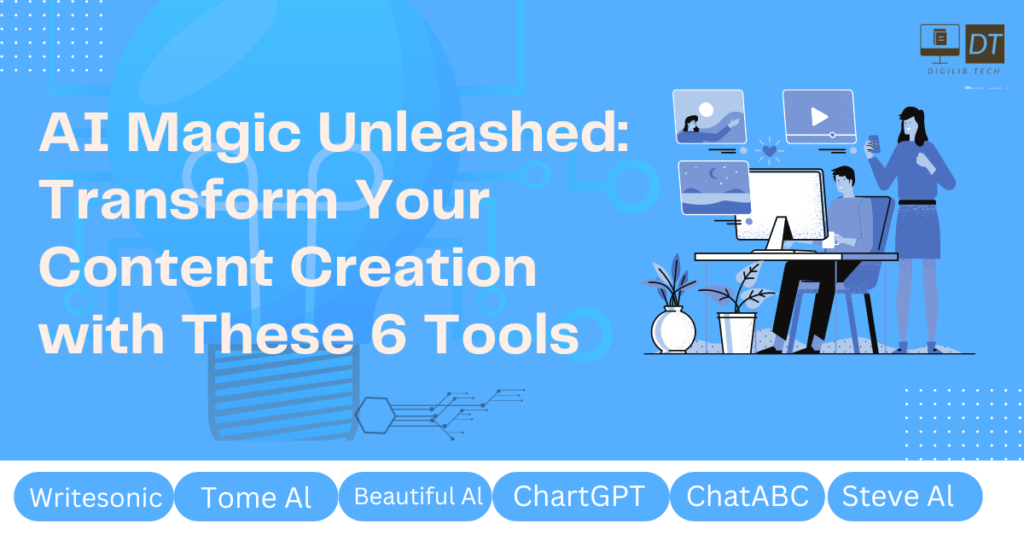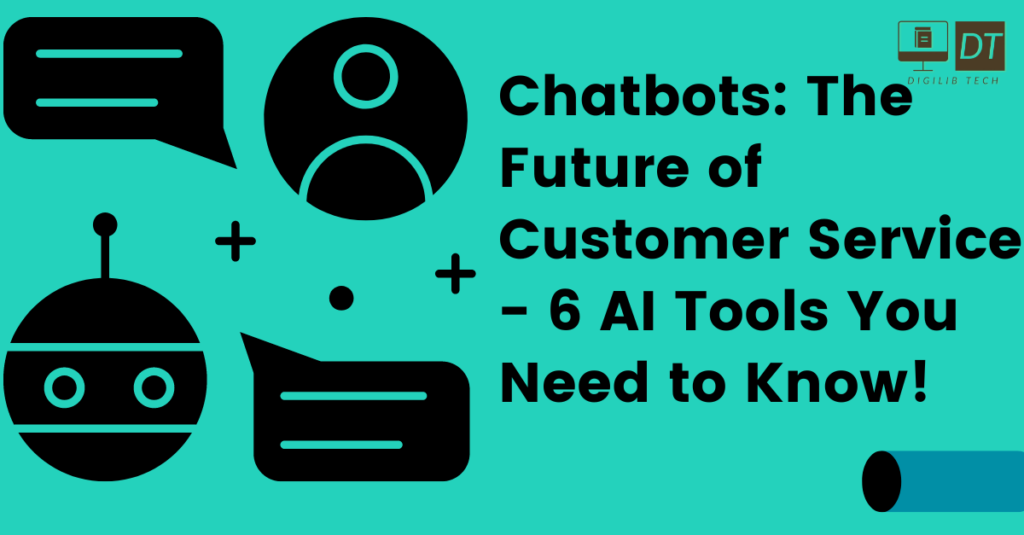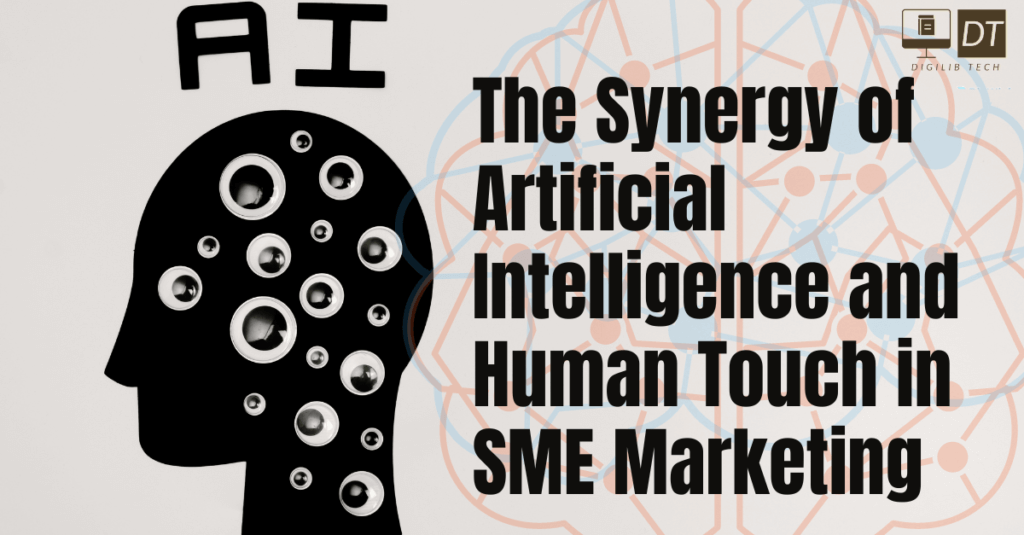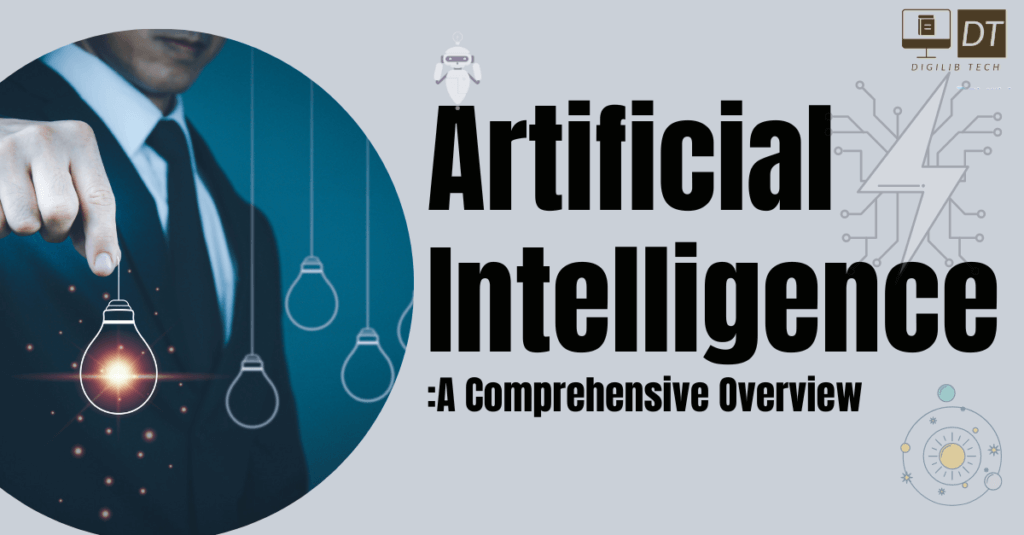What are the Disadvantages of Artificial Intelligence ?
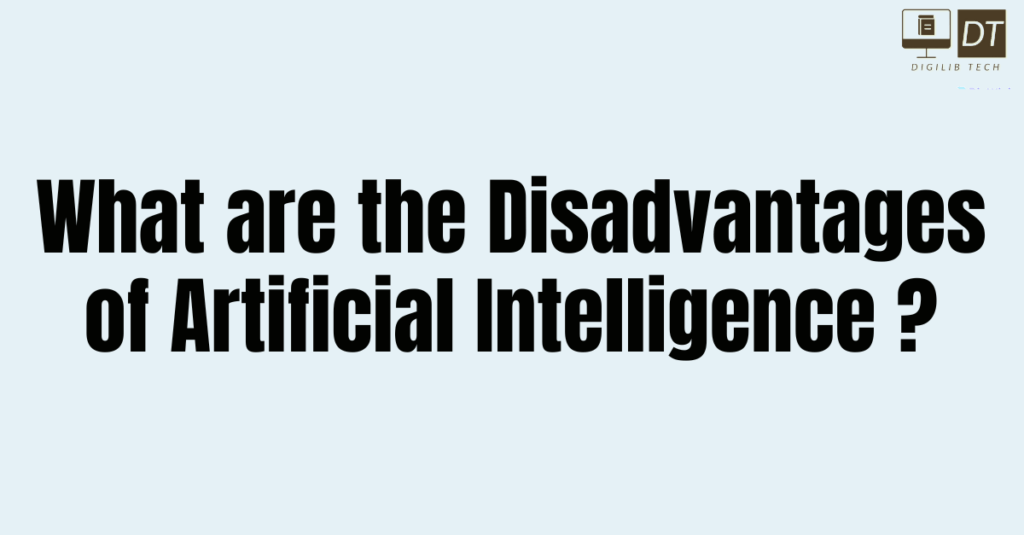
Disadvantages of AI
High Costs:
Developing and maintaining AI systems can be expensive, requiring substantial investments in infrastructure, software development, and skilled personnel.
Specialized Technical Expertise:
Implementing AI solutions demands a deep understanding of complex algorithms, machine learning, and data science, which may not be readily available in all organizations.
Limited Workforce:
There is a scarcity of qualified professionals capable of developing and managing AI tools, creating a talent gap that organizations must navigate.
Bias in Training Data:
AI systems can inherit biases present in their training data, leading to potentially discriminatory outcomes, whether intentional or unintentional.
Lack of Generalization:
AI tends to excel in specific tasks it is trained for but may struggle to generalize knowledge from one task to another, limiting its versatility.
Job Displacement:
The automation capabilities of AI have the potential to replace certain human jobs, raising concerns about unemployment rates and the need for workforce reskilling.
Artificial Intelligence (AI) has rapidly evolved, driven by technologies such as artificial neural networks and deep learning. This evolution has been fueled by AI’s ability to process vast amounts of data quickly and make remarkably accurate predictions, often surpassing human capabilities. However, like any technology,
More:
What are the Advantages of Artificial Intelligence ?
What is Differences Between AI, Machine Learning, and Deep Learning?


